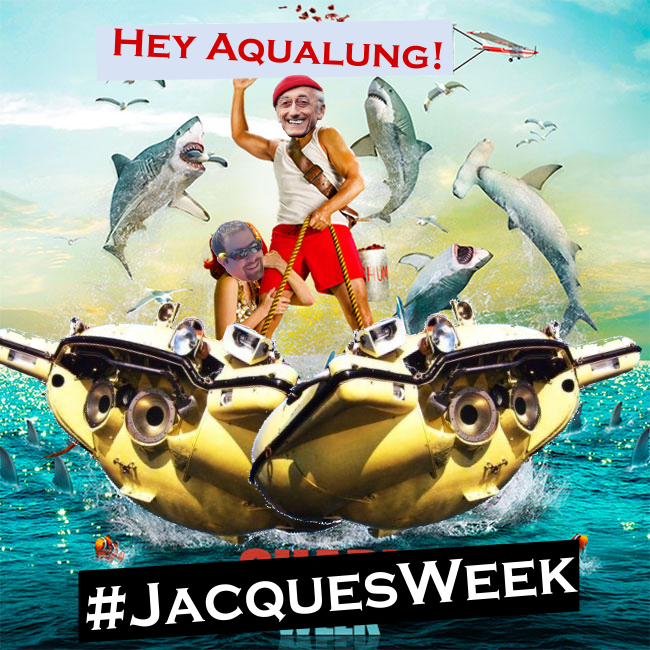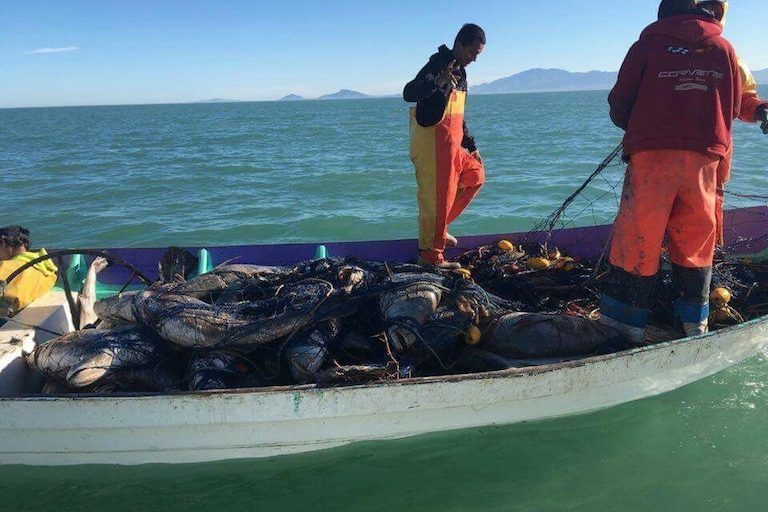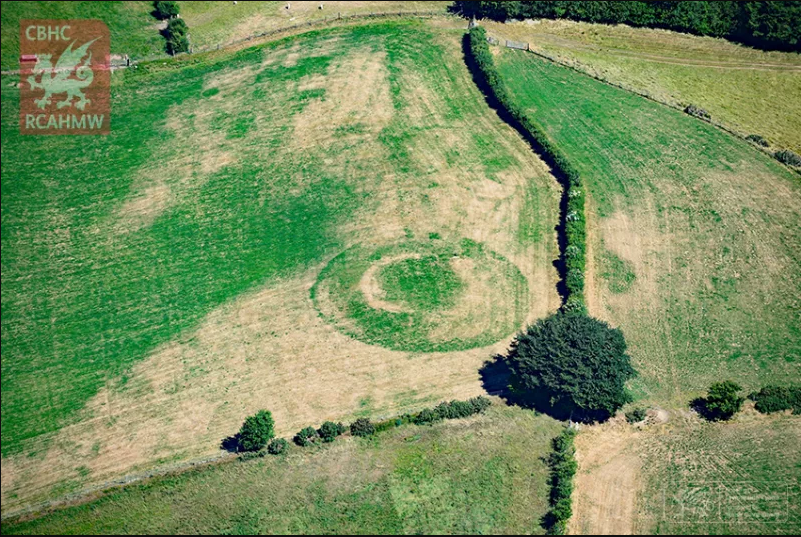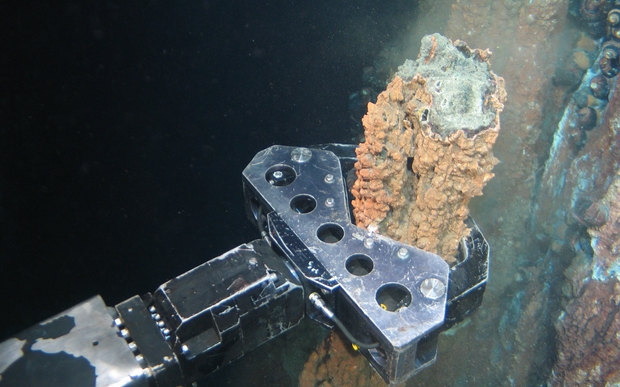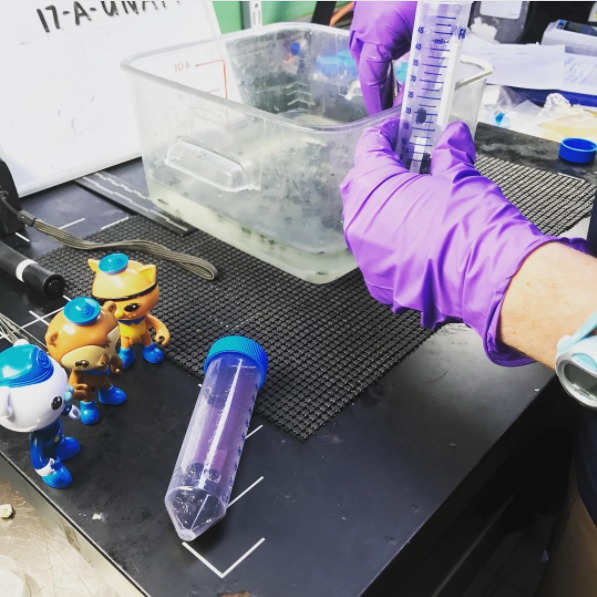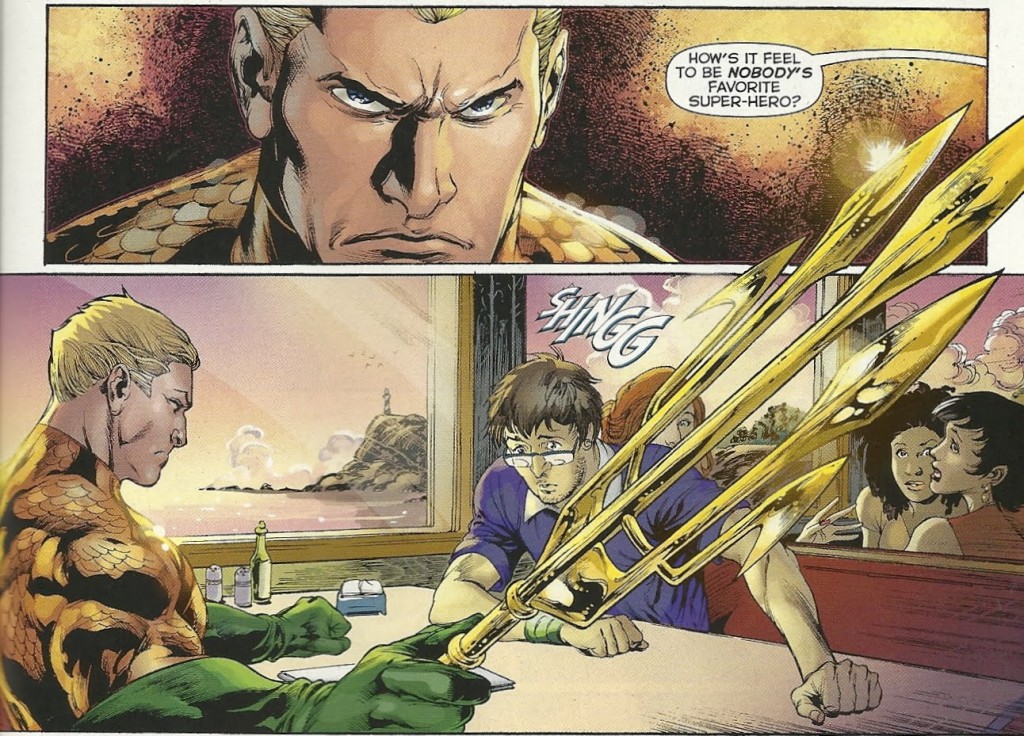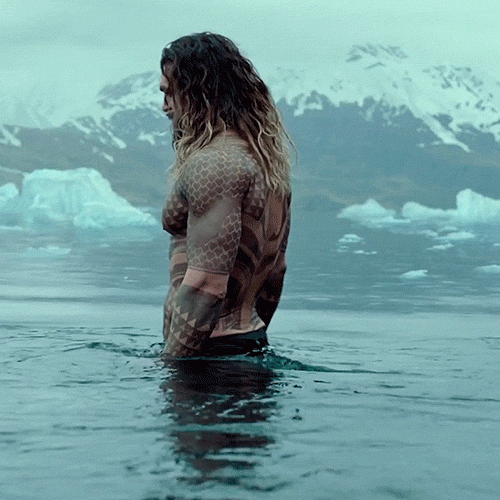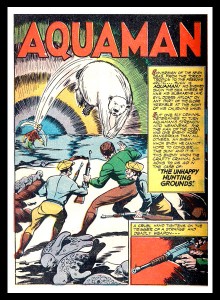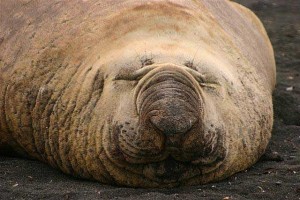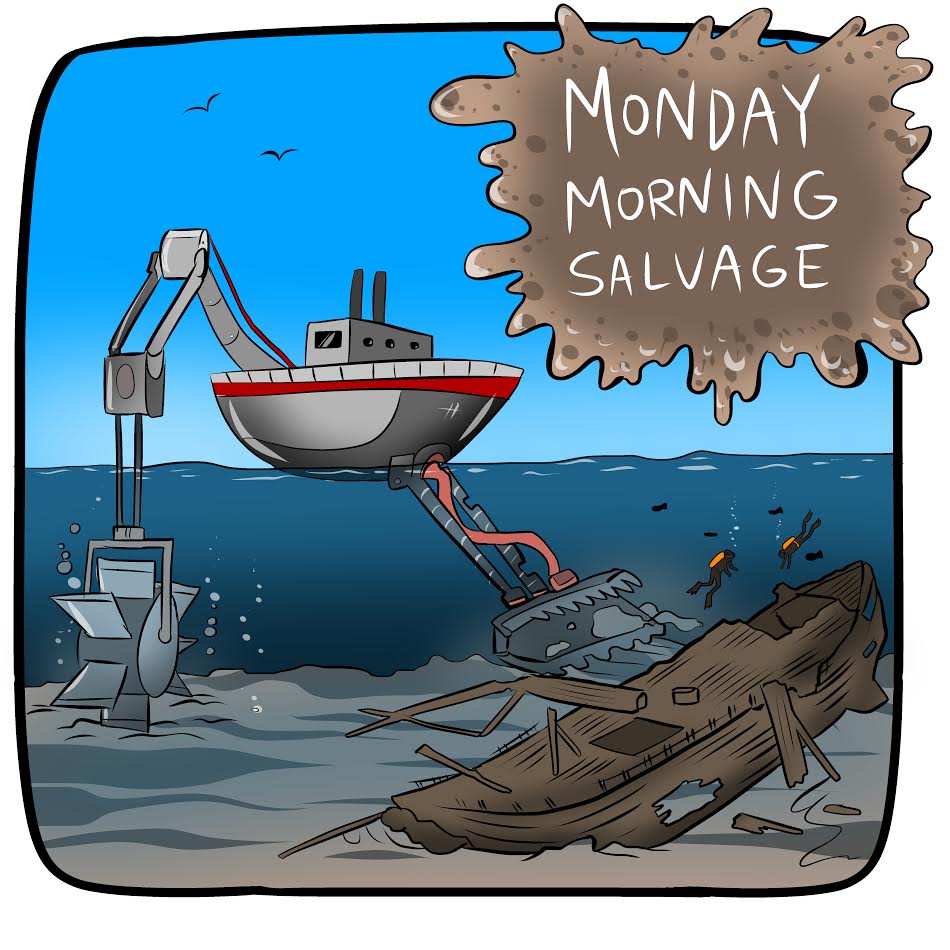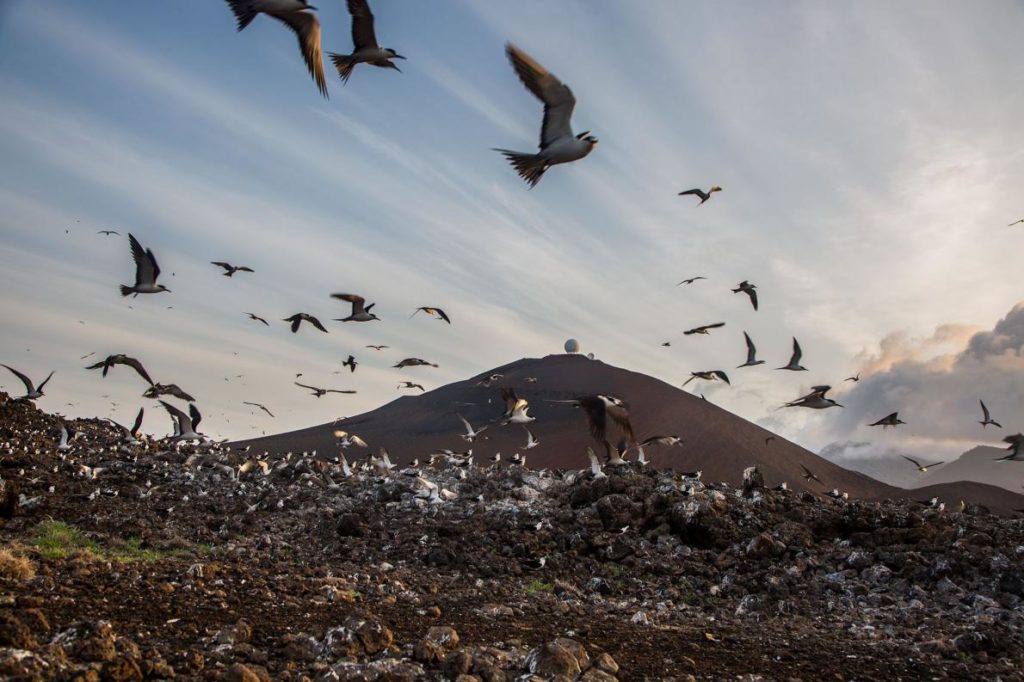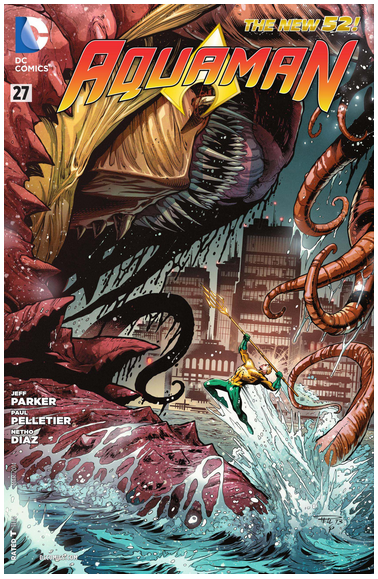We have written a lot about Aquaman over the last 10 years. With our favorite ocean master is finally getting his big screen debut, we’ve collected everything Aquaman and Southern Fried Science in one place. Enjoy!
First, the brutal takedown that started it all and its follow-ups:
- The horrifying physiological and psychological consequences of being Aquaman
- The importance of being Aquaman, or how to save the Atlantean from his briny fate
- Epilogue to the Return of the Science of Aquaman: Costume Palettes at Depth
Read More “The Science of Aquaman: The Complete Anthology” »
